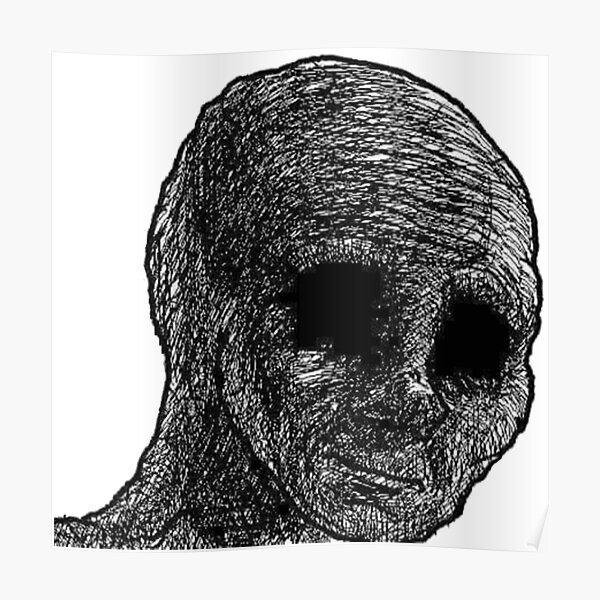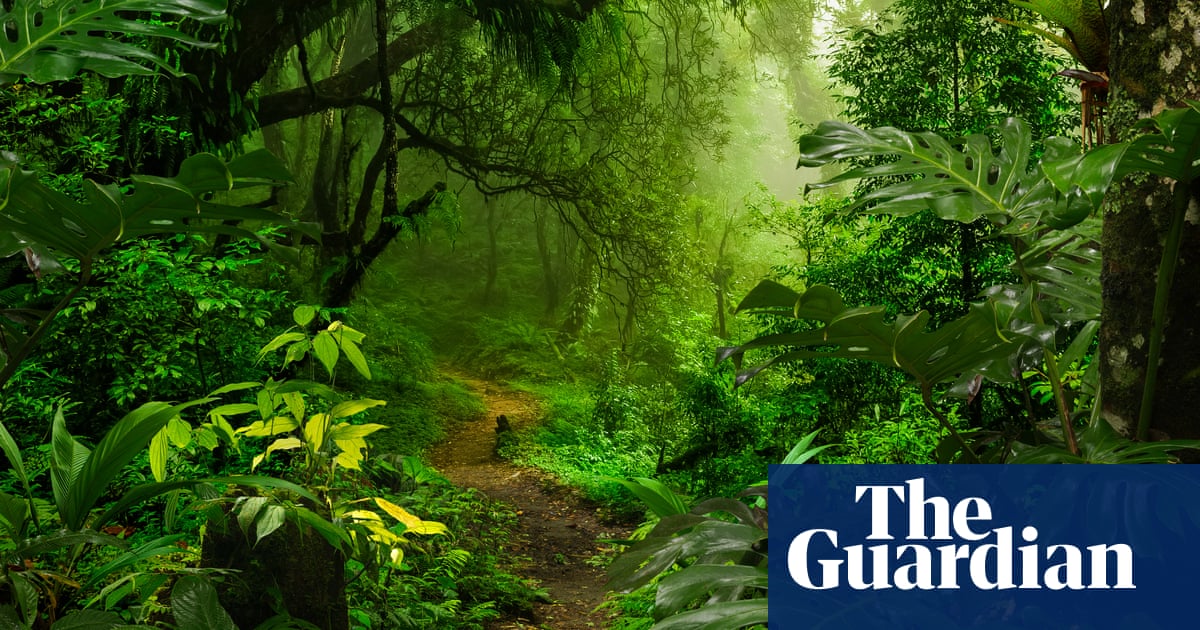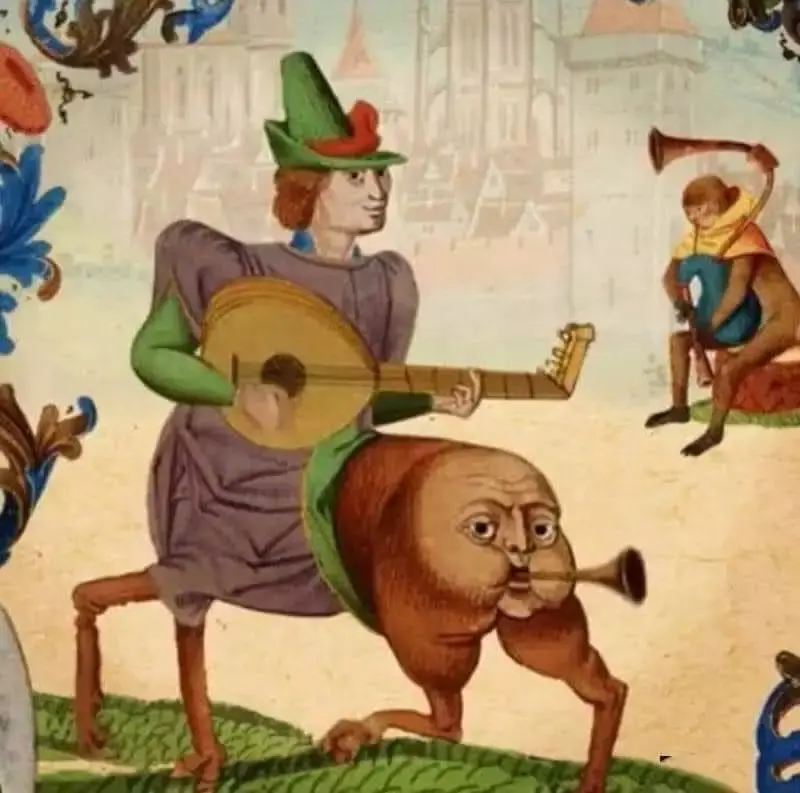The first three paragraphs are wild. That must have been agony.
Then yes, it just gets depressing as fuck.
The slider image is pretty shocking.
It is true though, for those that drive or ride motorbikes (and are old), think back to how many bugs were squished on the windscreen/headlights/visor 20 years ago compared to now.
There was just an article in
SciAmNew Scientist arguing that insects have essentially never experienced a mass extinction - any time higher animal diversity drops off, they just keep on truckin’.I need to dig it back up so I can post it.Posted here: https://hexbear.net/post/5127673Take insects, of which there are millions of species today. In 2021, Sandra Schachat, now at the University of Hawaiʻi at Mānoa and Conrad Labandeira at the National Museum of Natural History in Washington DC assessed the fossil record of insects and concluded that the tiny animals seem never to have suffered a mass extinction. This doesn’t mean they have had a crisis-free existence. Most notably, insect communities changed dramatically near the end-Permian, says Schachat. Important groups, including the dragonfly-like Palaeodictyoptera, vanished. Others, such as the Hemipteroidea – which includes the true bugs – rose to dominance. But crucially, she says, we have no idea how these changes came about because the insect fossil record is extremely patchy, with a gap of about 20 million years near the end-Permian. Over such a long period, insect communities can change gradually, but drastically, through evolution by natural selection alone. “When the fossil record is so incomplete that your best snapshots of a group of organisms come tens of millions of years apart, you’re going to expect to see big changes, with or without a mass extinction,” says Schachat.
Anywho, that makes this finding even more terrifying.

Kids need to go outside and touch grass
The outside:
I saw a butterfly in my backyard the other day. I can’t remember the last time I saw one around here
Growing up, the lavenders in my parent’s garden were known to us as the “butterfly plant” because it used to be absolutely covered in them, all spring/summer long, along with bees, bumblebees and fake bees. I genuinely can’t remember the last time a saw a plant that was covered in pollinators like that.
The phacelia in my garden is full of all kinds of bees, they love it. I can’t recall any other plants getting more attention, and they’re a pretty flower as well.
Unfortunately not native to where I live, so I’d feel bad putting it in my garden, but that’s great. Especially if it’s providing for other species of bees than honeybees.
Yeah, Phacelia isn’t native to the UK, but is pretty solidly spread anyway - classic Victorian plant plundering, though at least this time it wasn’t Giant Hogweed.
“we’d all be fine if we had just embraced nuclear” - the dumbest motherfuckers on the entire planet
If we discovered fusion tomorrow the end state is a global factory farm
It’s not about energy but about understanding our place in the web of life. I think we will survive ultimately but we are gonna have to learn the hard way
Life will adapt it always does
Life will adapt it always does
Life will, sure. But that doesn’t mean we (humans) will. Or even mammals. Life itself will prevail, that doesn’t mean our favorite clades are excused from the chopping block, including the one we’re on, which is actually in a rather precarious position as a large highly complex animal with highly complex needs and requirements for even the most minimal kind of survival. It frustrates me when people, especially leftists, act like climate change is just going to disrupt the geopolitical order (which yes, it is going to do that lol) and maybe kill off a bunch of species that will be sad to see go, making it “hard” for us, but ultimately won’t effect us much beyond that. No, this threat is almost certainly an existential one. I’ve said it before but it’s not a choice between socialism or barbarism. It’s socialism or annihilation. Communism will win, given enough time, but how long before that time is up? We don’t know, so we cannot afford in any sense of the word to wait any more.
thank you for sharing this article.
kind of related - i mulched a 3x8’ plot of my front yard this last year, from november-may. yard waste, fall leaves, grass clippings, etc. last week, i spread the mulch out to use as planting soil for some pumpkins. the mulch was so alive with decomposers, especially pillbugs. it felt good to provide them with habitat for a few months. i hope they’re nice to my pumpkins
You will eat bugs❌
you will live in a pod ❌
you will own nothing✔That is the future they have for you.
Well, hey, one outta three ain’t bad!

You will eat bugs❌ you will live in a pod ❌ you will ownnothingThat is thefuturethey have for you.
can a Science Understander please explain to me why insect species in particular (as opposed to plant species or vertebrate species) are dying off in such large numbers? is it just because of the new prevalence of pesticides, or is it because there are lots more insect species to begin with, or something else?
i know nothing about science
The article explains it, but the short version; climate change. Insects don’t retain water very well, so they’re more vulnerable to droughts and heat waves than most other animals. And when the temperature goes up…
thank you, i skimmed the article but didn’t find that answer
there’s this classification called “trophic level”, which is basically a breakdown of how far removed a species is from getting energy directly from the sun

So we’re not seeing a planet wide die-off of plants because their source of energy is broadly unchanged (this becomes a different story when you start looking at how specific regions are changing). Insects are specifically vulnerable to a changing climate, as /u/beambrain points out. They tend to live short, fast lives and need a consistent intake of energy, water, and nutrients as they don’t have much in the way of long term storage (specific species may vary, this is in general). Overall, they’re immediately vulnerable to any large scale disruption in the environment, the first to feel those shocks.
Vertebrates tend to be one or two trophic levels removed from insects, with (comparatively) larger stores of energy to last them from meal to meal. This means they’re also a level removed from any shock to the overall flow of energy. This doesn’t mean they’re immune, just that any consequences are delayed. The shock has to flow through the lower levels first.
Now, he [David Wagner, entomologist and a professor of ecology] finds himself coming home empty-handed. “I just got back from Texas, and it was the most unsuccessful trip I’ve ever taken,” he says. “There just wasn’t any insect life to speak of.”
It was not only the insects missing, he says, it was everything. “Everything was crispy, fried; the lizard numbers were down to the lowest numbers I can ever remember. And then the things that eat lizards were not present – I didn’t see a single snake the entire time.”
this is exactly the explanation i was hoping for. thank you for teaching me something new!
happy to help!
It would be wise to start sequencing species so we can bring them back later or have the chance to at least.
dawg I couldn’t even read the whole thing
I have mostly become a filter of depressing information and it doesn’t get to me too much in the moment… but reading that stuff… I literally feel ill right now. My stomach feels turned and my heart feels heavy. My brain has slowed down to a halt.
All the loss so far is deeply depressing, and the future is existential on every level. It seems that we are just fucked.
“Fuk dem bugs” - some idiot, while spraying round up










